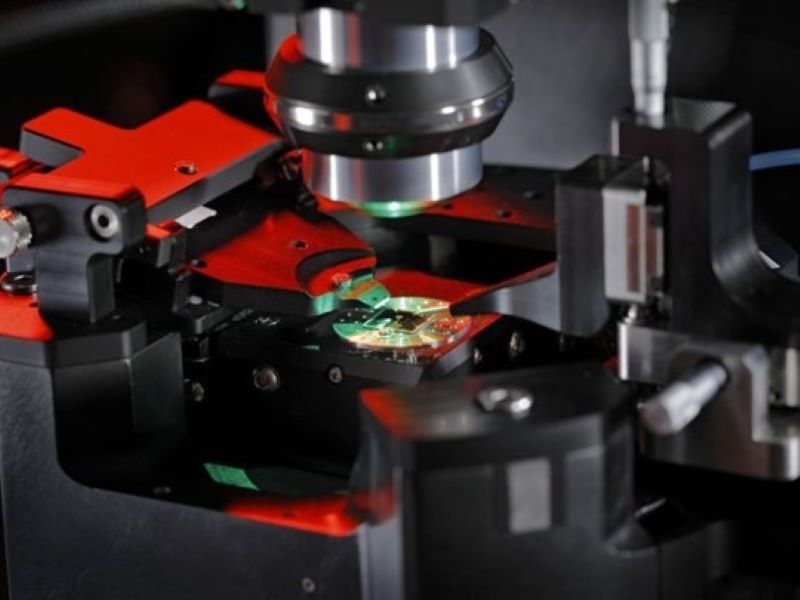Fleet Space Technologies has partnered with three local quantum and mining tech startups to develop the next-generation sensors that will enhance AI prediction tools for identifying and extracting critical minerals.
The strategic partnership with mDetect, Nomad Atomics and DeteQt will cover frontier technologies, including muon tomography, quantum gravimetry and magnetometry, the Adelaide-based company said on Wednesday.

Fleet Space’s chief scientist Gerrit Olivier said its collaborations with the Melbourne- and Sydney-based spinouts would bring “laboratory-grade precision into a hand-held package”, extending the minerals exploration platform, ExoSphere.
“These sensors deliver extreme precision and stability in the field, letting crews collect higher-fidelity gravity and magnetic data with fewer stations, lighter logistics, and far simpler CONOPS,” Dr Olivier added.
“When we fuse these quantum measurements with passive muon tomography, seismic imaging, and conventional gravity data inside our joint-inversion framework, we obtain an unprecedented 3D picture of the subsurface, from regional reconnaissance right down to drill-ready targets.”
mDetect, a mining tech startup that began at the Swinburne University of Technology, specialises in muon tomography, a non-destructive imaging technique that renders 3D imagery of the internal structure of dense objects.
Nomad Atomics develops high-precision quantum gravimeters and accelerometers that deliver drift-free, stable, and sensitive measurements. The technology removes the need for a base station and drift corrections, these instruments can generate accurate absolute gravity maps in real-time.
DeteQt has developed patented diamond-on-chip quantum magnetometers for real-world applications like navigation, critical minerals detection and medical imaging. It recently secured pre-seed funding from Main Sequence Ventures and US-based ATP Fund.
According to Dr Olivier, the company is also readying its toolkit for off-planet prospecting, with ambitions to include the same technologies on upcoming asteroid scout missions to map the interior structure and resource potential of metal-rich bodies in space.
Fleet Space is planning to deploy a lunar pathfinder of its ExoSphere technology – SPIDER – on the Moon in 2026 to unlock a deeper scientific understanding of the lunar subsurface in support of future missions.
Do you know more? Contact James Riley via Email.
